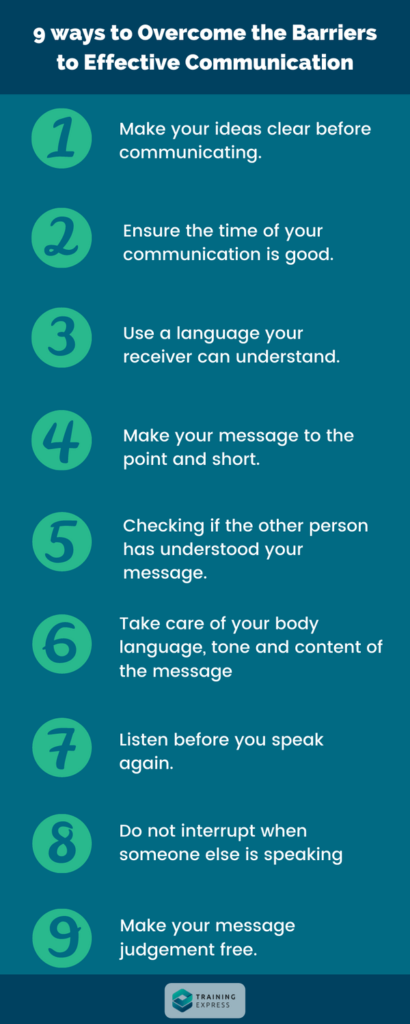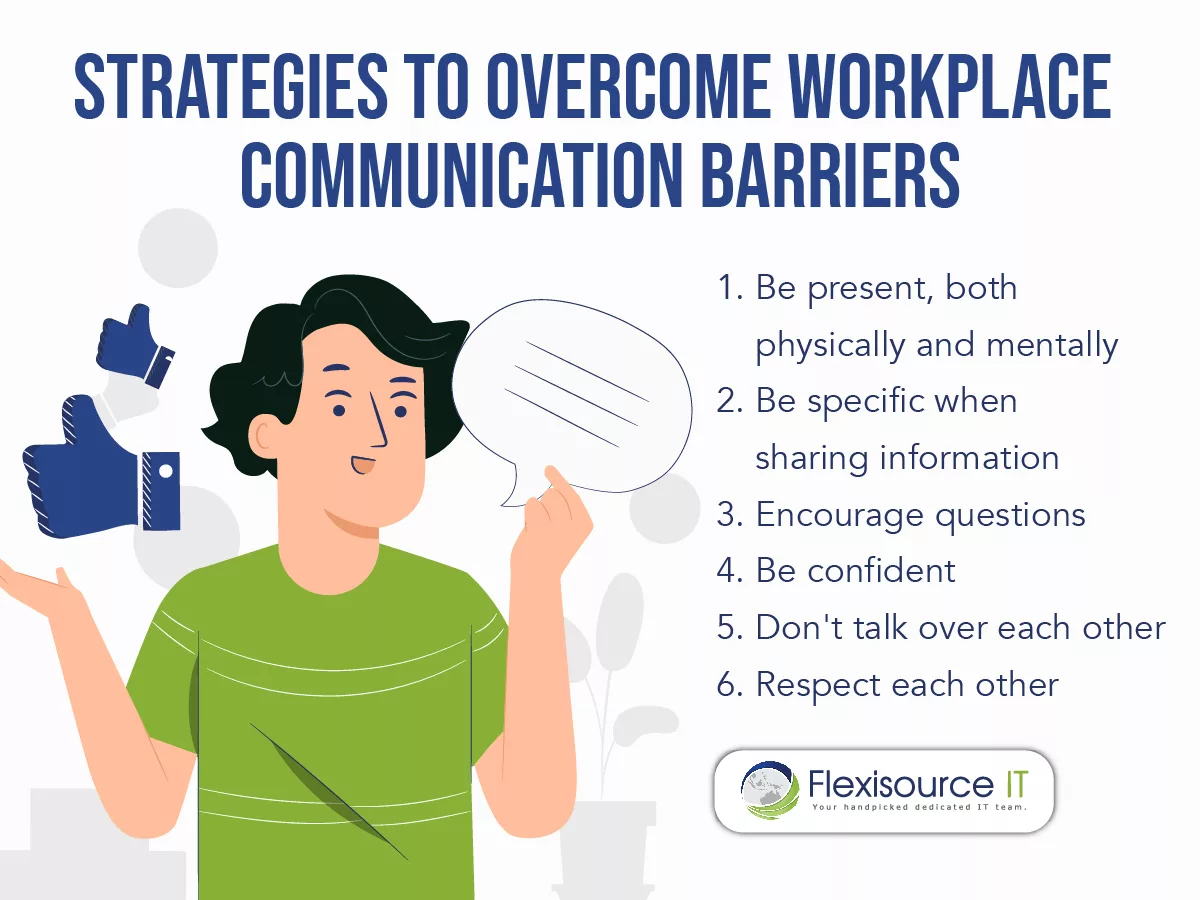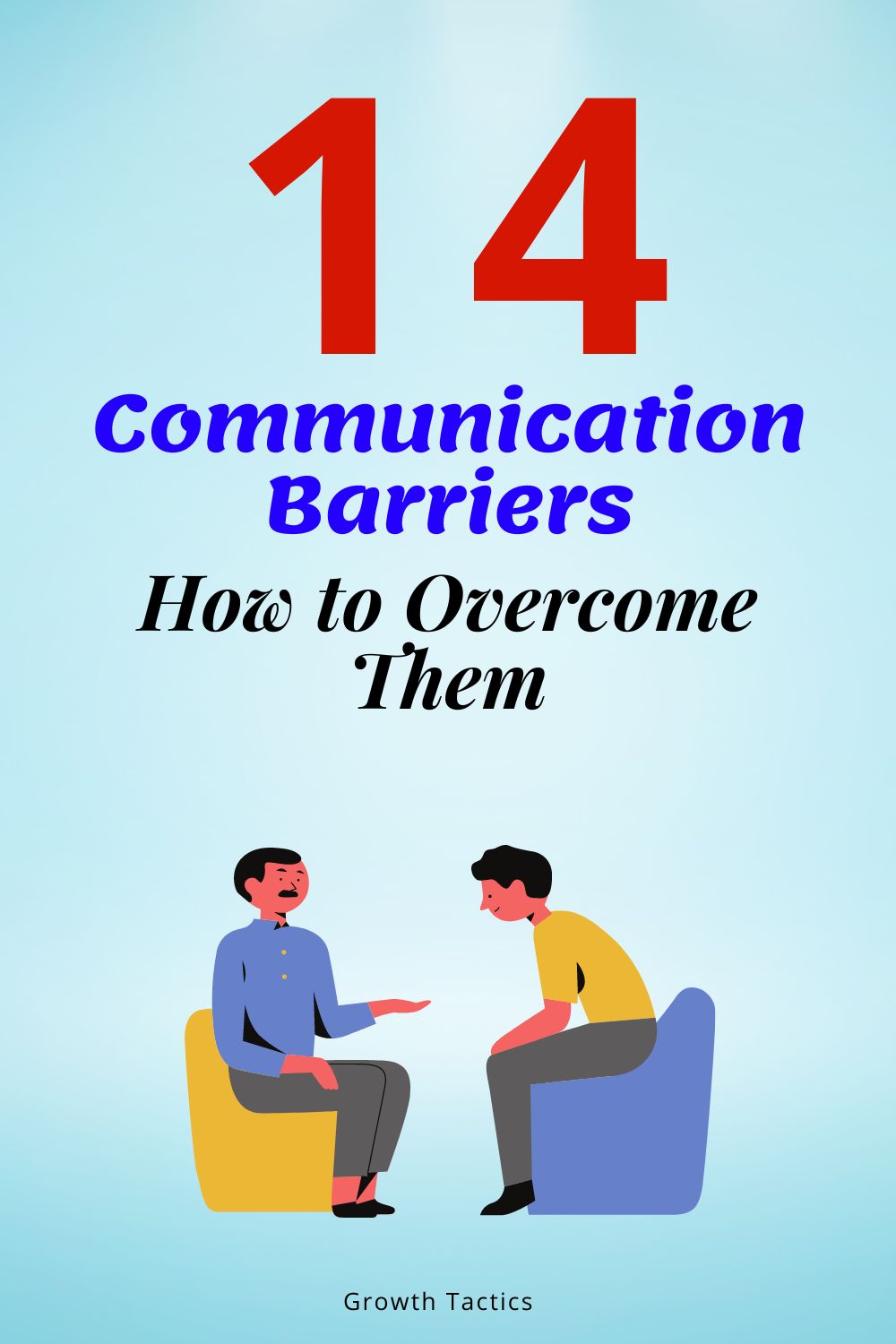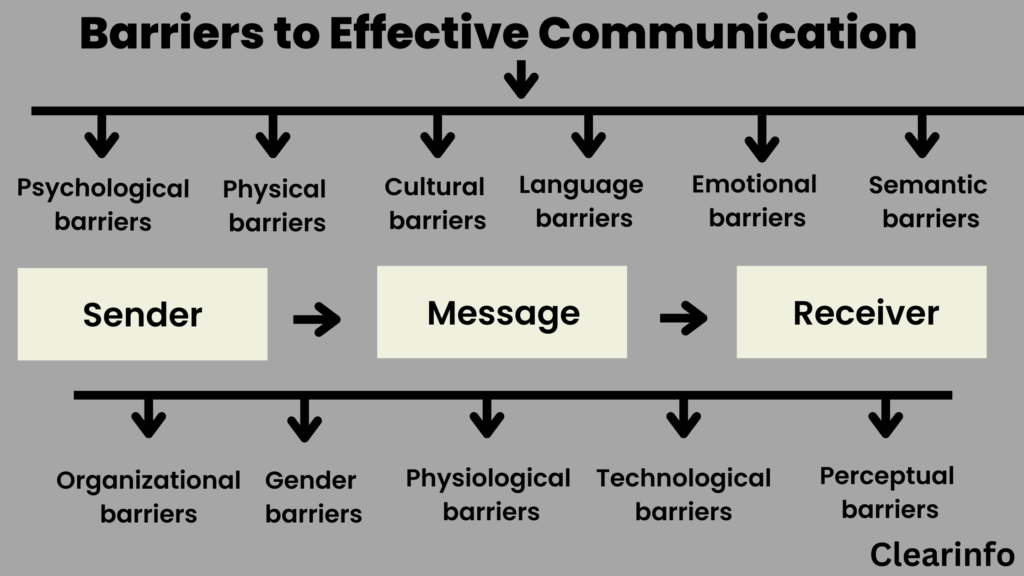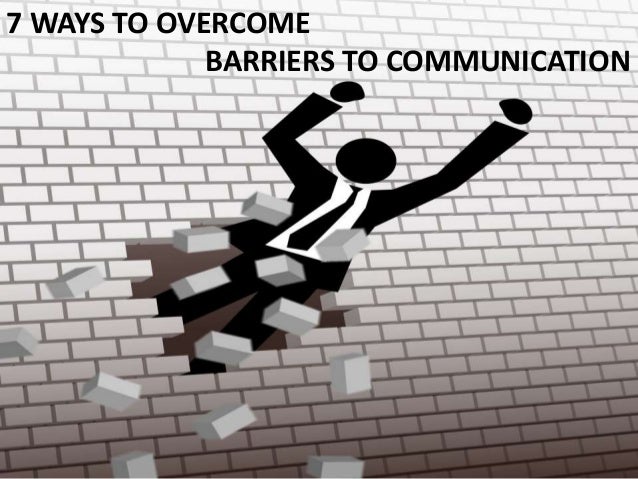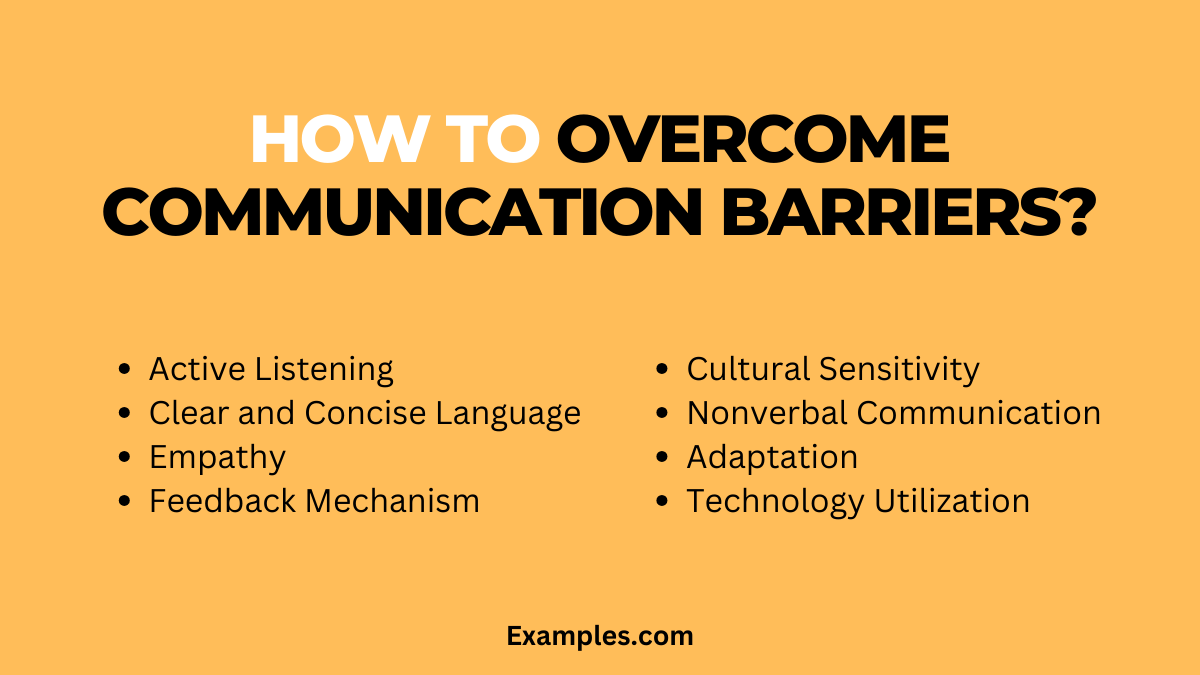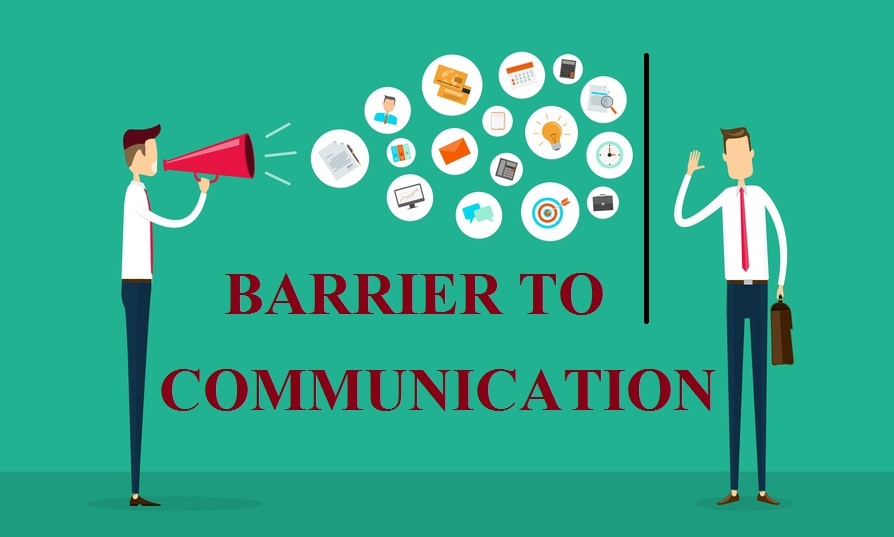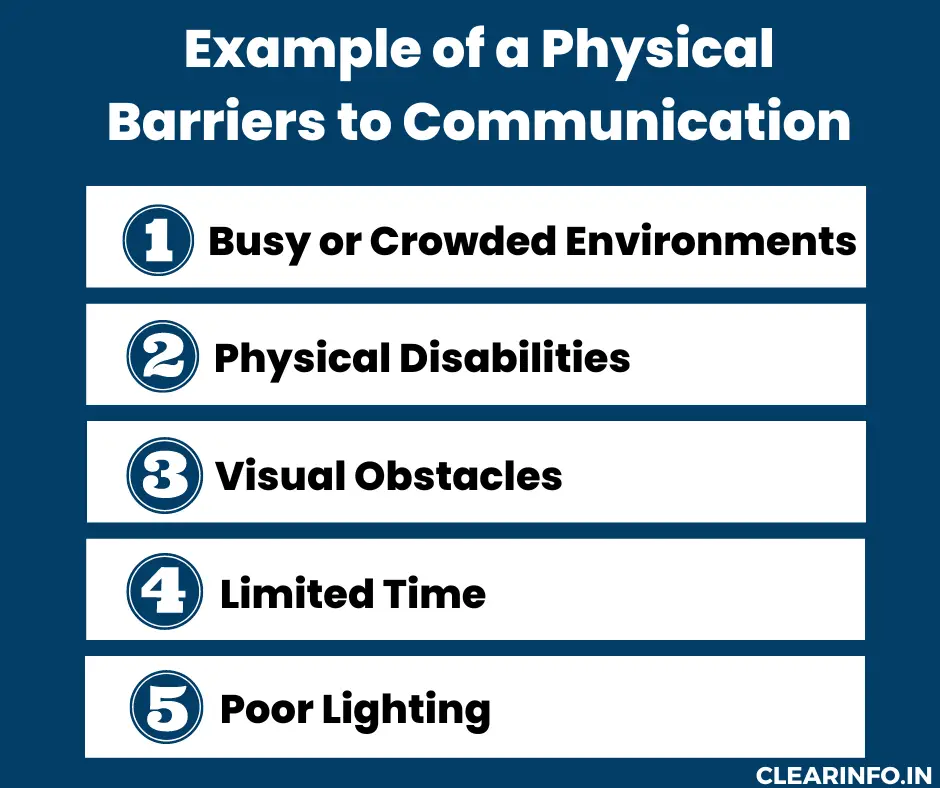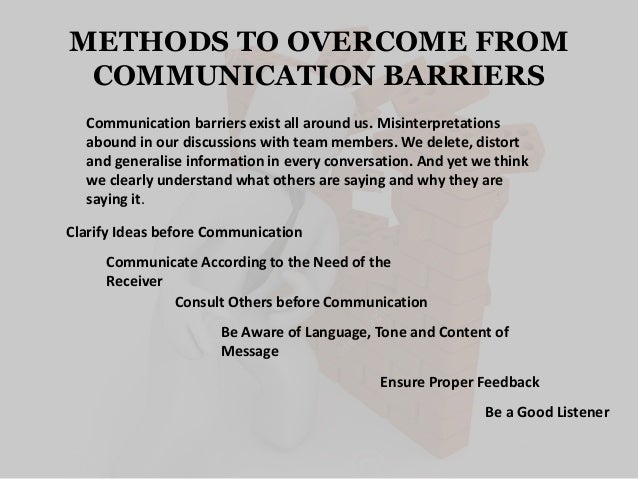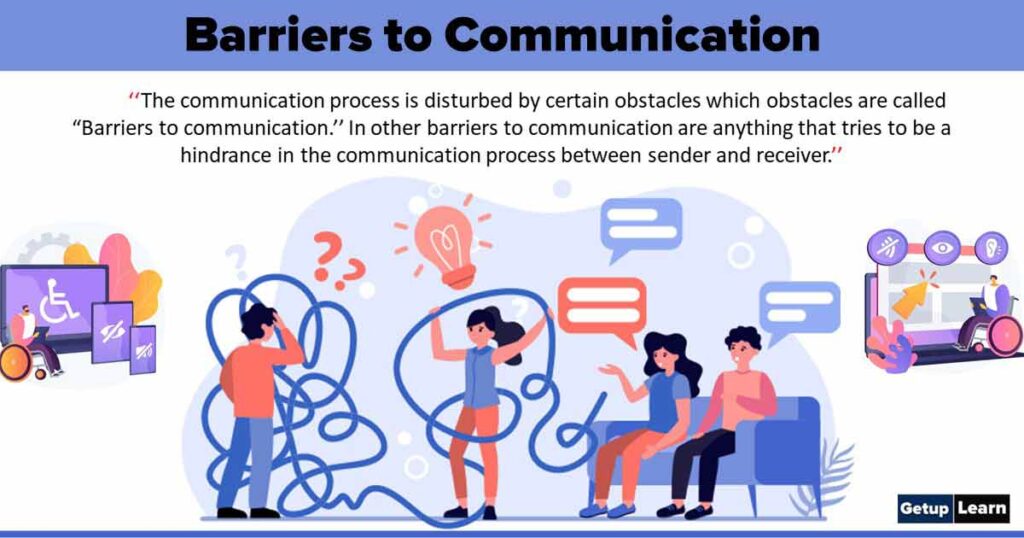Methods Of Overcoming Communication Barriers
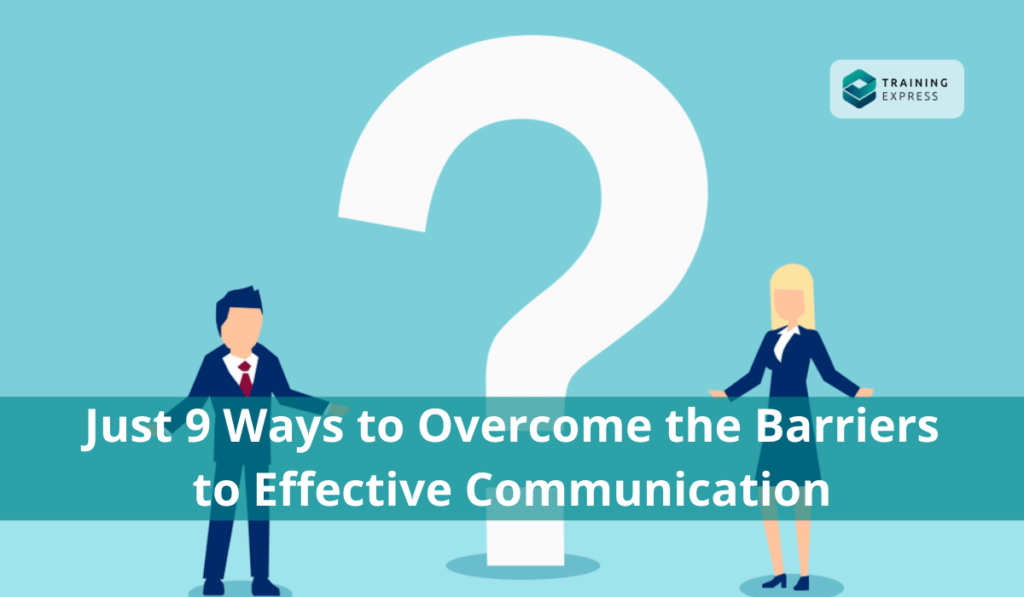
In an increasingly interconnected world, where global teams and diverse communities are the norm, the ability to communicate effectively is paramount. Yet, a myriad of communication barriers can derail even the best intentions, leading to misunderstandings, conflict, and stalled progress. Recognizing these obstacles and implementing strategies to overcome them is crucial for success in both personal and professional spheres.
This article delves into the various methods for overcoming communication barriers, drawing upon research and expert insights to provide a comprehensive overview. We will explore techniques that address linguistic differences, cultural nuances, physical limitations, and psychological hurdles that often impede clear and effective communication. The goal is to equip readers with actionable strategies to foster better understanding and collaboration in any setting.
Understanding the Landscape of Communication Barriers
Communication barriers are diverse and multifaceted, often stemming from a combination of factors. These can be broadly categorized into linguistic, cultural, physical, and psychological barriers. Recognizing these categories is the first step in developing effective solutions.
Linguistic Barriers
Language differences are perhaps the most obvious barrier to communication. Even when individuals share a common language, variations in accent, vocabulary, and jargon can lead to confusion. According to a report by the Globalization and Localization Association (GALA), unclear language can reduce productivity by up to 20%.
To mitigate these challenges, organizations can employ translation services, provide language training, and encourage the use of plain language. Plain language focuses on clarity and conciseness, avoiding jargon and complex sentence structures.
Cultural Barriers
Cultural norms and values significantly influence communication styles. Nonverbal cues, such as eye contact and personal space, vary widely across cultures and can easily be misinterpreted. Geert Hofstede's research on cultural dimensions highlights the importance of understanding these differences to avoid misunderstandings.
Cultural sensitivity training and cross-cultural communication workshops can help individuals become more aware of these nuances. Building relationships based on trust and mutual respect is essential for bridging cultural gaps.
Physical Barriers
Physical barriers include geographical distance, noise, and technical issues. Poor internet connectivity, noisy environments, and lack of accessibility for individuals with disabilities can all hinder communication. Remote work arrangements and global collaborations often exacerbate these challenges.
Implementing robust technology infrastructure, providing alternative communication channels, and ensuring accessibility for all employees are crucial steps. The Americans with Disabilities Act (ADA) mandates reasonable accommodations to ensure effective communication for individuals with disabilities.
Psychological Barriers
Psychological barriers encompass personal biases, emotional states, and differing perceptions. These internal factors can distort messages and prevent individuals from listening objectively. Stress, anxiety, and lack of trust can also contribute to these barriers.
Promoting a culture of psychological safety, encouraging active listening, and providing conflict resolution training can help overcome psychological barriers. Emotional intelligence, the ability to understand and manage emotions, is a valuable asset in navigating these challenges.
Strategies for Overcoming Communication Barriers
Addressing communication barriers requires a multifaceted approach that combines proactive measures and reactive strategies. The following techniques can be implemented at individual, team, and organizational levels.
Active Listening
Active listening involves paying close attention to the speaker, asking clarifying questions, and providing feedback to ensure understanding. It's about focusing on the speaker's message, both verbal and nonverbal, and withholding judgment. This can be achieved using techniques such as paraphrasing and summarizing what the speaker has said to confirm understanding.
Clarity and Conciseness
Using clear and concise language is essential for effective communication. Avoid jargon, technical terms, and ambiguous phrasing. The goal is to convey your message in a way that is easily understood by your audience.
This is important in written and verbal communication. Focus on key points only.
Choosing the Right Communication Channel
Selecting the appropriate communication channel is crucial for delivering your message effectively. Face-to-face conversations are often best for complex or sensitive topics, while email may be suitable for routine updates. Video conferencing can bridge geographical distances while maintaining a personal connection.
Providing Feedback
Feedback is essential for ensuring that your message has been received and understood as intended. Encourage open communication and create a safe space for individuals to share their thoughts and concerns. Be receptive to feedback and use it to improve your communication skills.
Empathy and Understanding
Empathy, the ability to understand and share the feelings of others, is a powerful tool for overcoming communication barriers. By putting yourself in the other person's shoes, you can gain a better understanding of their perspective and tailor your message accordingly.
Looking Ahead
As technology continues to evolve and globalization deepens, the importance of effective communication will only increase. Organizations must invest in training and resources to equip their employees with the skills necessary to navigate the complexities of intercultural communication. By fostering a culture of open communication, empathy, and understanding, businesses can create more inclusive and productive workplaces.
Furthermore, research into new communication technologies and methodologies will continue to play a vital role in breaking down barriers. From artificial intelligence-powered translation tools to virtual reality platforms for immersive cultural experiences, the future holds exciting possibilities for enhancing communication across diverse populations. The key will be embracing these innovations while remaining mindful of the human element that lies at the heart of all successful communication.



